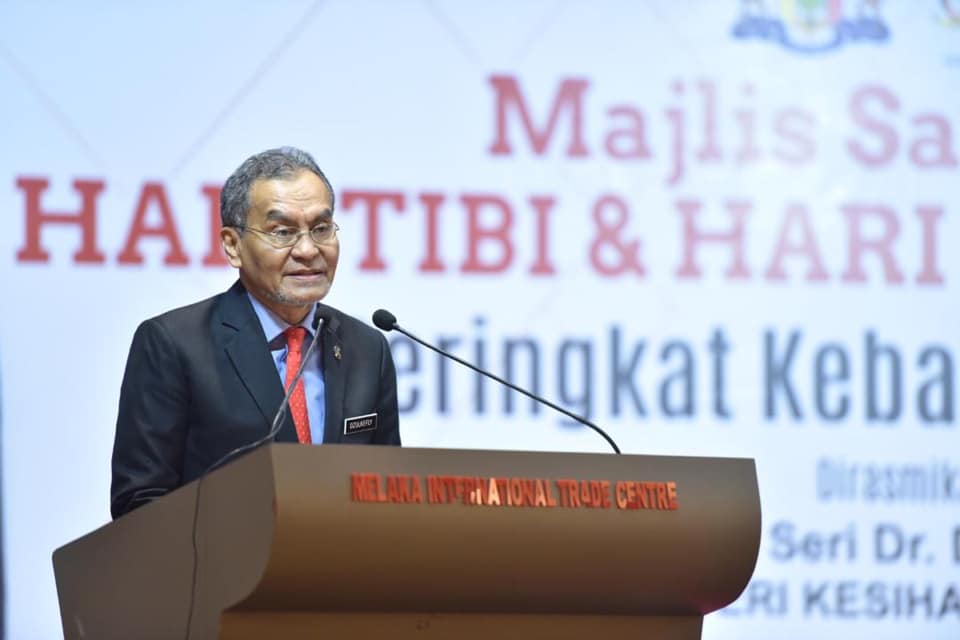KUALA LUMPUR, April 29 — Health stakeholders have generally graded Health Minister Dzulkefly Ahmad a “C”, or “average”, for his first year in office after Pakatan Harapan’s (PH) historic 2018 election victory last May.
The respondents to CodeBlue’s report card on Dzulkefly’s first-year performance — mostly doctors from both the public and private sectors — said the minister from Amanah had failed to sufficiently engage various stakeholders, from private medical practitioners to private hospitals, pharmacies, the pharmaceutical industry, and other health care providers.
Among Dzulkefly’s achievements they touted were the smoking ban at restaurants, a slightly bigger health budget in Budget 2019 despite the government’s austerity drive, and the formation of the Health Advisory Council comprising outside experts to advise the Health Ministry.
Some health organisations declined to participate in CodeBlue’s report card on Dzulkefly, saying they wished to remain politically neutral.
A pharmaceutical industry representative, who spoke to CodeBlue on condition of anonymity for fear of being “called up by Putrajaya”, graded Dzulkefly a “C” and said the Ministry of Health (MOH) needs a very clear strategy and key performance indicators (KPIs) on what it wants to achieve. He also called for deeper stakeholder engagement with the industry and other players like private hospitals and pharmacies to help MOH achieve those goals.
For stakeholders who chose to participate, this is how they graded Dzulkefly’s first year in office and what they had to say.
They were asked to grade the health minister either A (excellent), B (above average), C (average), D (below average), or F (failing). Respondents’ quotes were lightly edited for clarity.
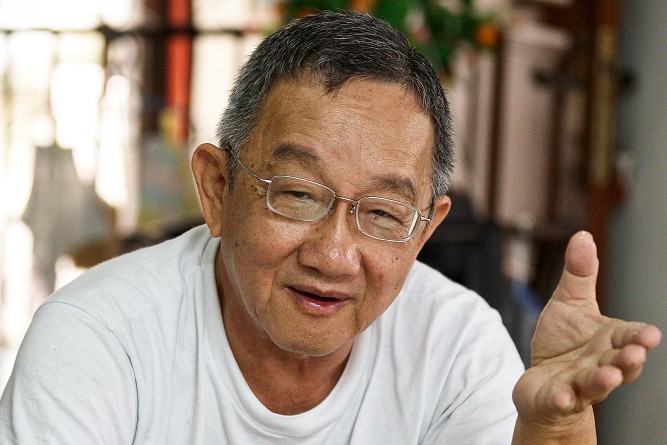
Dr Lim Kuan Joo (Former Director, Hospital Kuala Lumpur)
Grade given 
| PH’s greatest achievements in health care Formation of Health Advisory Council. |
| PH’s weaknesses in health care Not checking facts before making statements — at a Galen Centre event, Deputy Health Minister Dr Lee Boon Chye said that 95 percent of patients with NCDs (non-communicable diseases) are properly followed up. In reality, 30 percent is a generous figure. |
| How PH can improve in health care Increase government allocation for health care to 4 per cent of GDP. |
| What PH should focus on for the remainder of their first term on health care Concentrate on population health. Population health science is not a single discipline but an interdisciplinary field involving cross-sector collaborations, to address complex population health problems with multifactorial interventions. |
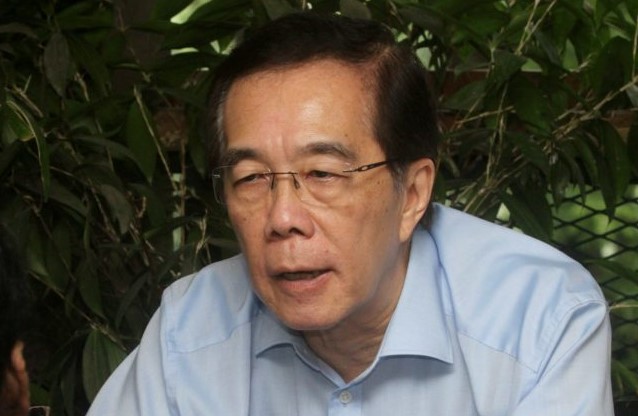
Dr Milton Lum (Past
President, Malaysian Medical Association)
 Grade given
Grade given
| PH’s greatest achievements in health care None. |
| PH’s weaknesses in health care (a) Failure to engage private healthcare providers (for example, Federation of Private Medical Practitioners’ Associations Malaysia (FPMPAM), Academy of Medicine, Malaysian Society for Quality in Health). You try to play one association against another. You as the ministry shouldn’t do that. (b) Not delivering on their promises, eg public disclosure of the inquiry into the fire at Hospital Sultanah Aminah (which killed six patients). (c) No policy to ensure that the doctors who are not employed by the public sector after their contract ends, do not then affect the quality of care in general practitioner (GP) clinics. |
| How PH can improve in health care (a) Have contract appointments (two to three years) for the posts of Director General and Deputy Director General with KPIs. (b) Genuine engagements with private health care providers. |
| What PH should focus on for the remainder of their first term on health care (a) Halt the decline in the safety and quality of care provided (particularly in MOH hospitals). The full-paying patient (FPP) service has impacted the quality of care. There are reported instances of some people saying to patients — ‘The waiting list is very long, but if you see at my private clinic, it’ll be short’. That is not right. The care provided to patients in MOH hospitals — a lot of it is dependent on the medical officer and house officer. In name, you have a consultant and specialist on call, but in fact often times, they’re not around or busy. The specialist is very busy, they only come onto the scene when adverse events happen. For people who place their trust in MOH hospitals, this is very unfair to them. The reduction in maternal deaths has plateaued. You look at life expectancy — that has increased, but has also plateaued. The increase is less compared to places like Thailand and Vietnam, countries which were supposed to be behind us. These are indicators that the health system is failing, that the health system is in trouble. (b) Separate regulatory function from healthcare provision in MOH facilities. (c) Reduce wastage and inefficiencies. (d) Open tender for all goods and services to MOH. |
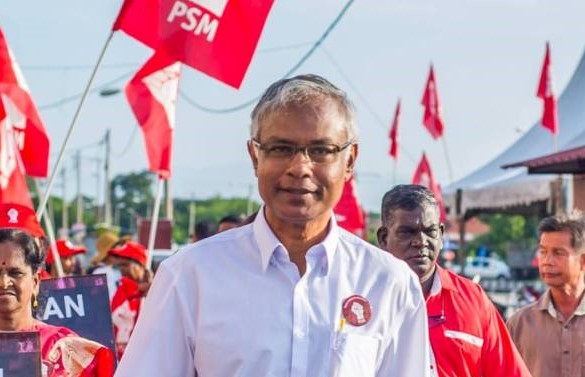
Dr Michael Jeyakumar Devaraj (Former Sungai Siput MP, Parti Sosialis Malaysia)
Grade given 
| PH’s greatest achievements in health care They did not reduce the health budget, [despite] austerity. |
| PH’s weaknesses in health care They have not reviewed the BN (Barisan Nasional) approach of promoting expansion of private hospitals and promoting schemes like FPP. Senior specialists are distracted by private patients. Often, private patients are not of the complexity of government patients. You treat a hernia for a paying patient, but you’re a senior colorectal guy who’s supposed to do serious cancer cases. |
| How PH can improve in health care By critically reviewing neoliberal approaches to health care delivery, like health tourism. It looks at everything as commodities. Even basic needs are commodities, which you can use to generate GDP growth and all that. When you do that, it actually undermines government hospitals. It takes away specialists from government hospitals. |
| What PH should focus on for the remainder of their first term on health care Replenish the stock of senior specialists in government hospitals. To do this, they have to restrict expansion of private hospitals. |
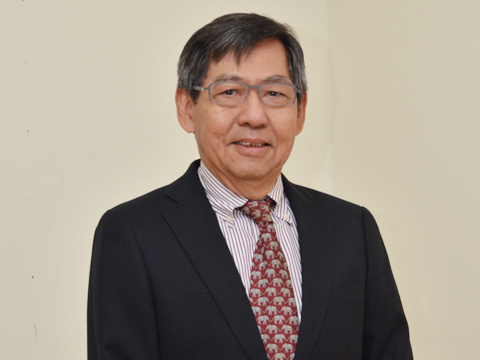
Dr Chakr Sri Nagara (Past President, Former Association of Private Hospitals of Malaysia)
 Grade given
Grade given
| PH’s greatest achievements in health care Am happy to note that the minister is willing to acknowledge that there are weaknesses in the MOH and is willing to engage in dialogue with stakeholders. But unfortunately, these dialogues are few and far in between. Ideally, there should be a task force formed specifically to engage with stakeholders, with special emphasis on the public (end users). With this task force in place and regular consultations in place, we can gauge the progress of changes planned and the implementation of some of these. It goes a long way in giving the public confidence when they see actual implementation, no matter how slow (better than nothing to show). Unfortunately, the recent Peka B40 initiative should be acknowledged as an interim initiative and not an end by itself. The end goal of a national (not for profit) health care insurance for all has yet to be initiated. |
| PH’s weaknesses in health care Flowing from a declaration of intent of a master plan to a road map towards a national health care insurance, and the step-by-step approach with publicity on each step achieved can help in giving confidence to the public. Otherwise, the MOH cannot convince the public of its initiatives. |
| How PH can improve in health care Most of us are looking for a complete revamp of the health care delivery system with better integration between public and private sectors. We also recognise that this is a long process and needs to be accomplished in stages to prevent the collapse of a working (but creaking) system. Whenever changes and small steps are made, the public must be informed and they can see the progress made against the master plan (road map). |
| What PH should focus on for the remainder of their first term on health care Focus on keeping all stakeholders (especially the public) informed to gain acceptance. (a) Doctors in the public sector (both specialists and non specialists). (b) Doctors in the private sector (mainly specialists). Both the above can be represented by their societies (eg Malaysian Medical Association, Association of Specialists in Private Practice Malaysia, Federation of Private Medical Practitioners’ Associations Malaysia etc). (c) Association of Private Hospitals of Malaysia (the private specialist hospital operators). (d) The consumer associations (representing the public). (e) The health care insurers, the managed care organisations. (f) The Ministry of Finance, as all things need financing. (g) The medical colleges / faculties (Ministry of Education) as we need to look at how and how much of what types of medical personnel needed in the extrapolated future (5/ 10/ 20 years). (h) Last but not least, engage some senior doctors and administrators who have shown interest in health care economics. |
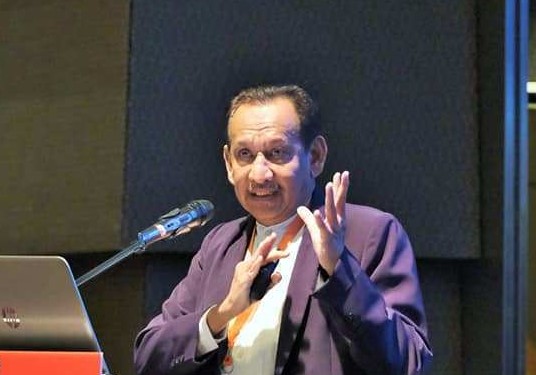
Amrahi Buang (President, Malaysian Pharmaceutical Society)
Grade given 
| PH’s greatest achievements in health care Dzulkefly has very strong political will to change for the better. He is willing to engage with all stakeholders, including netizens in social media. He is passionate about and committed to his responsibilities. He welcomes ideas from the Ministry of Health workforce and others too. (a) Anti-tobacco initiatives – mQuit initiatives, smoking ban in Parliament and eateries. (b) Healthy lifestyle among the workforce in the Ministry of Health and other ministries. (c) Budget increase for health care expenditure. (d) Peka B40. (e) mySalam. |
| PH’s weaknesses in health care (a) Still not addressing the issue of medicines pricing. (b) Still maintaining the status quo, for example the policy on dispensing separation and private doctor’s consultation fees. (c) Still no national health policy. (d) Must address NCD and CD (communicable diseases), as well as promote a healthy life to the rakyat. |
| How PH can improve in health care (a) Focus on primary health care – promotive and preventive. (b) Convert public and private partnership to proper integration. General practitioners and community pharmacists must be part of an integrated health care system. (c) Address health care financing issues through taxes and social health insurance as a national health insurance scheme. (d) Set various KPIs to improve on health beyond the current ones. |
| What PH should focus on for the remainder of their first term on health care (a) Formulate a proper and holistic national health policy for the country. (b) Implement dispensing separation in the private primary care setting. (c) Integrate the current dichotomous state to an integrated national health care system. (d) Encourage health literacy among the rakyat. (e) Additional implementation of no-smoking in parks/ recreational centres/ beaches and reprimand smokers who throw away cigarette butts everywhere. (f) Address the aging population. (g) Promotion of mental health. (h) Proper research in health. |


